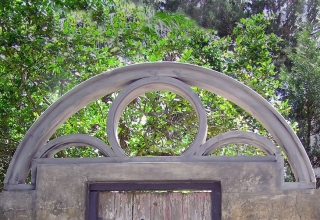
Mark McKergow (Host Leadership) and Chris Miller (Assistant Chief Constable Hertfordshire 2008-2011)
Introduction
The recent College of Policing leadership review prioritises a move away from ‘heroic leadership’ to a more team-based and engaging approach. We propose that the metaphor of host leadership – leading as host rather than a hero – offers a useful way forwards, being both richly dimensional and highly practical.
The leadership review
The College of Policing Leadership Review takes a wide-ranging look at leadership throughout the police forces of the UK. It contains 10 key points for progress. The first of these is about leadership culture – in particular the desirability of moving on from a heroic leader position. For example, section 5.2 says:
We heard that in a command orientated world there is a tendency to shift towards the ‘heroic’ model of leadership in which an individual is the figurehead and followers are there to ensure the leader’s will is carried out. We advocate more emphasis on a model in which leaders are there to ensure the success of their teams.
Taking command remains an essential part of the leadership repertoire, but the overuse of command as a leadership style risks disempowering those who are being commanded. Overuse poses an obstacle to the culture of candour and challenge that is necessary to succeed in the future context and it diminishes the qualities of personal resilience, creativity and risk taking that helps teams to develop in the good times and survive in the bad.
The need to be able to take command in an authoritative way is clear – the wider question is whether that is always the best thing to do, and how this option can sit within a wider coherent set of leadership behaviours.
The importance of command – in the right setting
Picture the scene… a road traffic accident has just happened, there are injured parties, damaged vehicles, a blocked road, shock and panic is setting in. The police officer (constable?) arriving on the scene needs to be able to instantly take control, to convey authority, and to give everyone confidence that things are being handled. They must ensure that priorities are dealt with, the scene is protected and secured if necessary, that casualties are given priority and that things are done as quickly as possible to get things moving again. This is a vital part of every officer’s training, and rightly so.
Download Article














